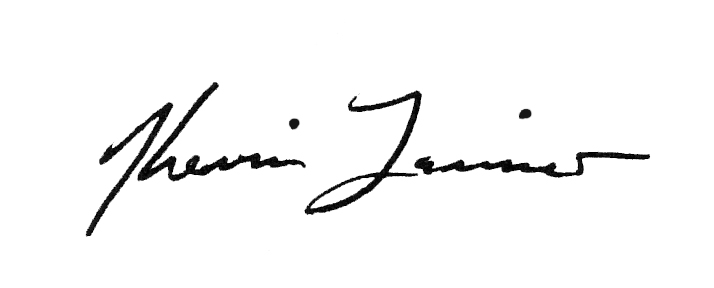Little Fires Everywhere
For poets and writers, both as citizens and as people with hearts that can break and minds that can imagine, a little reassurance can go a long way. We all need to know that what we’re doing is worthwhile, that our work is having an impact, that someone is listening. In “Tell Me I’m Good: The Writer’s Quest for Reassurance,” Laura Maylene Walter examines the power of praise as permission, as encouragement to take risks in our work. “Without any form of reassurance, writers may succumb to the insecurity that threatens us all,” she writes. Indeed, too often these days it feels like we’re being swept along by negative forces beyond our control. We need to resist that feeling. As writers we have the capability to encourage empathy, to push for a deeper understanding of our humanity, to envision a better world. We need to remind ourselves that this is a source of incredible power. We are creators. Let’s not underestimate or diminish the energy of that creative potential, especially during dark times. It is a source of light, surprisingly bright.
This issue is full of beautiful examples, including the words of Lidia Yuknavitch, whose new work of speculative fiction, The Book of Joan, is a dazzling, devastating take on politics, the environment, and war. In “The Other Side of Burning,” Yuknavitch says she seeks to “create energy in the present tense” through her books. “If we can make little fires everywhere that would ignite other mammals’ imaginations so that they would do something in their lives while they’re here, I would prefer writing to be that.” Barbara Kingsolver, whose PEN/Bellwether Prize for Socially Engaged Fiction has supported writers who have explored subjects such as the roots of genocide, the Jim Crow South, and the ethics of Wall Street, would likely agree. “If one good thing has happened in America this year,” she writes in “Contests With Vision: Prizes With a Focus on Social Justice,” “it’s that artists and the public have warmed up to art as a mode of resisting immoral authority.”
These days the threats, real and perceived, are coming from all sides. In this issue we take a look at how some authors are responding—by writing, of course, and by creating new platforms for the writing of others. We also examine the proposal to eliminate the NEA, which would cause an engine of artistic and economic activity across the United States to seize up, negatively affecting the lives of many Americans (not just writers and artists). Dark times. Just remember: We’re writers. We can make little fires everywhere.








